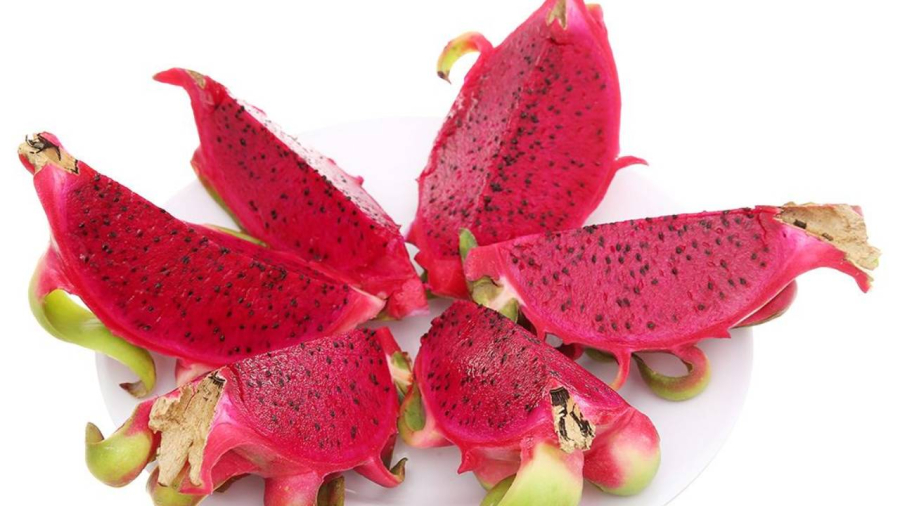Benefits of Dragon Fruit
Dragon fruit contains many nutrients. This fruit not only contains water and carbohydrates, but also crude fat, crude fiber, crude protein, vitamin C, iron, phosphorus, and calcium.
The nutrients in dragon fruit help prevent atherosclerosis, stroke, promote cardiovascular health, improve skin, aid in weight loss, anti-aging, and treat constipation.
Dragon fruit usually comes in two types: red-fleshed dragon fruit and white-fleshed dragon fruit. Red-fleshed dragon fruit has good antioxidant properties and high iron content.
White-fleshed dragon fruit has a high fiber content, is rich in folic acid, and is very good for constipated individuals and pregnant women. Therefore, you should alternate between these two types of dragon fruit to fully receive their nutritional benefits.

People who should not eat dragon fruit
People with kidney disease
Although dragon fruit is beneficial to health, it is a fruit with a high potassium content. Therefore, people with chronic kidney disease who need to limit potassium intake should not eat this fruit.
People with diarrhea or digestive problems
Due to its cooling nature, people with diarrhea and weak physical constitution should not eat too much of this fruit as it can worsen their condition and make them more tired.
Women during menstruation
Women during menstruation should not eat dragon fruit to avoid affecting menstrual flow. In addition, people with depression, stagnation, excessive phlegm should also avoid consuming too much of this fruit.
Diabetic and hypertensive patients: Due to its high glucose content, dragon fruit can cause an increase in blood sugar levels, which can affect health.
Pregnant women are prone to allergies: Red-fleshed dragon fruit contains plant albumin which can cause allergies in some pregnant women who are prone to allergies.
Notes when eating red-fleshed dragon fruit
In addition to the groups of people who should limit the consumption of red-fleshed dragon fruit, you need to take note of the following:
Red-fleshed dragon fruit should not be eaten with guava because guava has a sour taste. When eaten together with dragon fruit, it can cause stomach pain, bloating, and indigestion.
The skin of red-fleshed dragon fruit may contain certain types of bacteria, so it should be washed thoroughly before eating.
Do not combine red-fleshed dragon fruit with milk as it can affect digestion and cause diarrhea.
Do not eat too much red-fleshed dragon fruit, overconsumption can cause the stools and urine to turn dark red.
It is best to eat dragon fruit in the morning to provide energy. Avoid consuming it during main meals for about 1-2 hours.
White flesh dragon fruit or red flesh dragon fruit: The untold benefits of each type.
 benefits of each type.’>
benefits of each type.’>The difference between red and white dragon fruit is as follows:
































